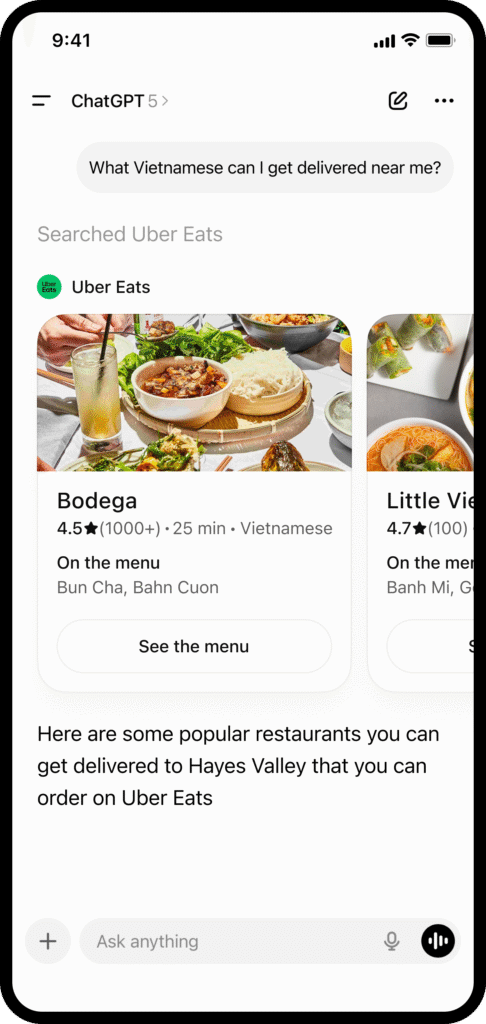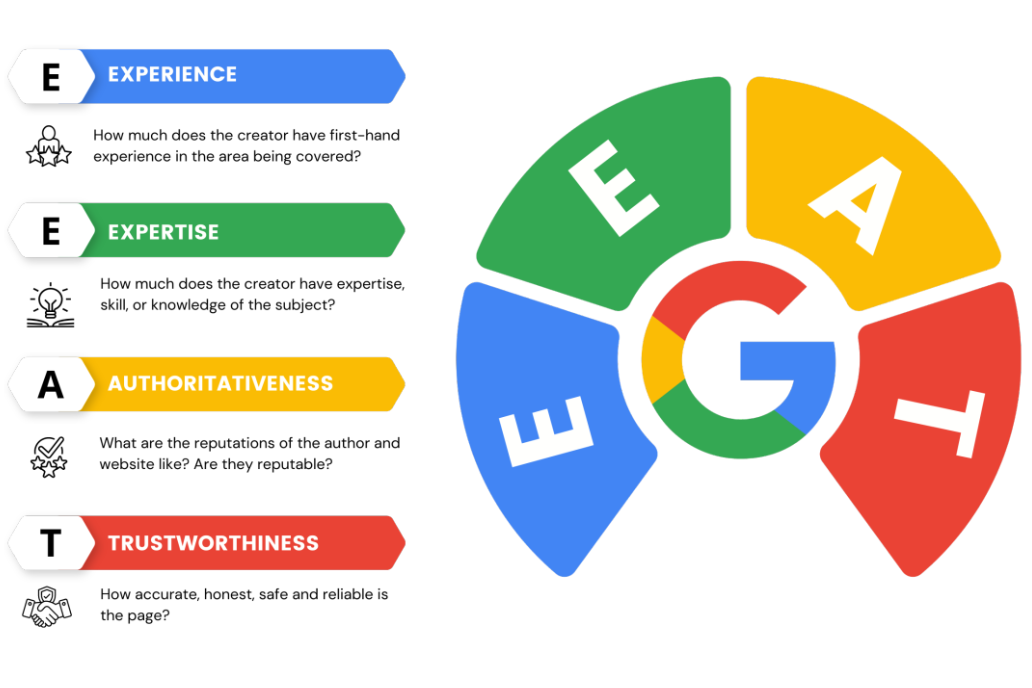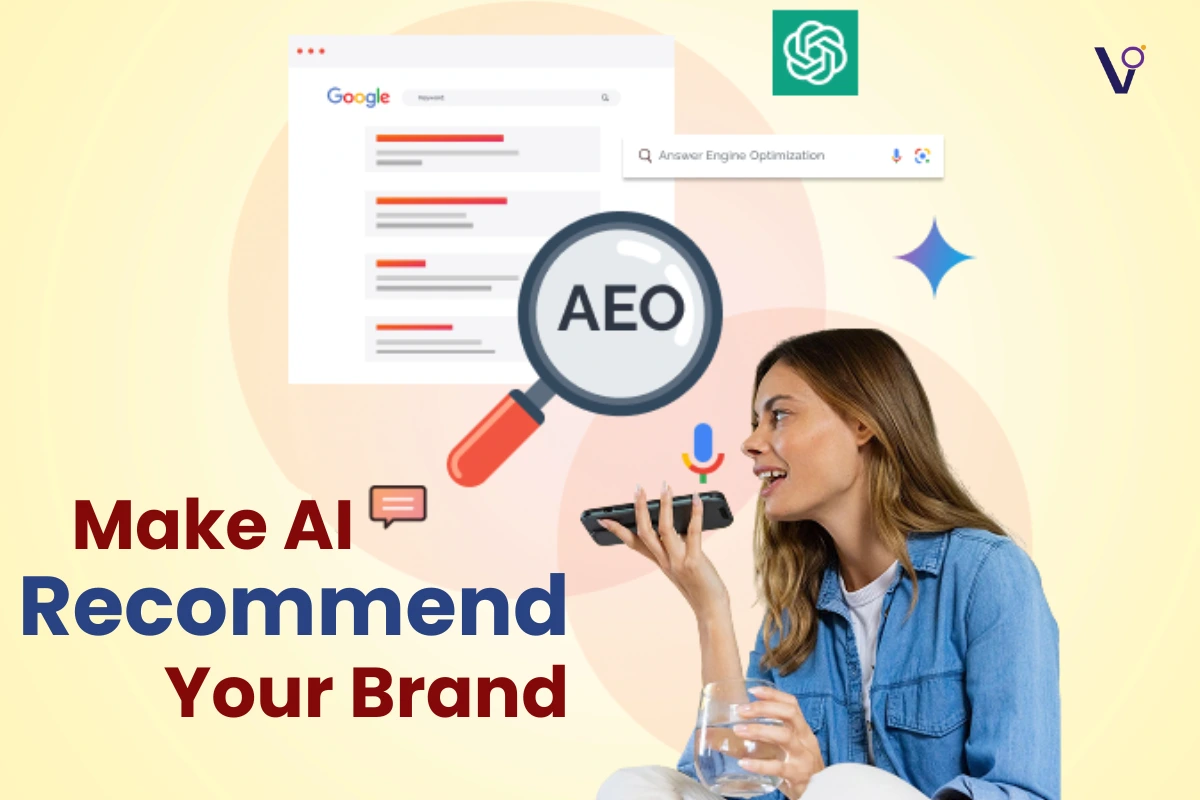AI has officially entered the market. Large language models are the new SEO engine, and people now ask their queries to AI. You better want to find yourself in the answer the LLM gives. That is what answer engine optimisation is.
If you’re just learning SEO, you picked the perfect time because the game has changed more this year than it has in the past 10 years. People are finding answers on ChatGPT, Reddit, and YouTube rather than just Google. Google is rewriting search with AI overviews, and new tools now exist that can do 80% of the work without you.

The Changing Landscape of SEO
SEO was once all about Google optimization. Fifteen years ago, the only organic game in town was very much Google. There was no YouTube. There was no Instagram. All of these platforms either didn’t exist or were very nascent.
Today, you need to consider:
- Optimizing for YouTube, the second largest search engine in the world
- Optimizing for Amazon if you are optimizing for shoppers
- Optimizing for communities like Reddit
The main thing to think about is that if you’re only focusing on Google, you are missing out.
Although SEO is changing rapidly, it still has three essential building blocks that hold true today:
- Content
- Citations
- E-E-A-T (Experience, Expertise, Authoritativeness, Trustworthiness)
It’s how you use them across platforms like Google, YouTube, and Amazon that makes the difference.
Using Content to Rank on Any Platform
Winning this year when it comes to SEO means targeting long-tail niche queries with real intent.
For instance:
- Instead of optimizing for “Salesforce,” optimize for “how to integrate NetSuite with Salesforce.”
- Instead of “red shoes,” optimize for “what are the best red shoe designs for this year?”
- Four or more keywords
- Lower competition
- Lower volume
- Higher intent, which increases conversion rates for customers or email subscribers
These longer-tail niche queries often have:
Because search is getting more competitive, AI overviews are causing impressions to rise but clicks to go down. Analytics often shows a “jaw” where impressions are going up but clicks are decreasing.
To optimize, you can use products like ChatGPT or Manis AI. Give examples of high-intent longtail keywords and talk a little bit about your business. These tools will generate 50 to 100 keywords, allowing you to focus on creating content for them.
AEO vs SEO
Large language models such as ChatGPT are changing traditional SEO and shaping the foundation of answer engine optimisation.
LLMs help you generate keyword ideas, analyze transcripts, and refine your SEO strategy quickly.
- You can create high-intent longtail keywords
- LLMs can even create blog posts based on your writer guidelines
- They can scan your site, figure out your style, and produce high-quality content
For example, posts around 1,500 to 2,000 words backed with links, statistics, and tables can be generated. LLMs can create 21 blog posts in 30 minutes that are 95 to 99% ready.
This gives you a powerful AI assistant to figure out what to do next with your strategy and help execute it.
The Basics Still Matter
Despite advanced tools, basics remain critical:
- Content and Links: You need high-quality content and other sites linking to you.
- Citations: Local SEO reviews and mentions are citations.
- E-E-A-T: Experience, expertise, authoritativeness, and trustworthiness are more important than ever.

The building blocks remain the same, but the tools and platforms have evolved.
Best Answer Engine Optimisation Services for AI Visibility
New tools can do 80% of the work when it comes to answer engine optimisation.
- Internal Linking: Scan your website to figure out where to add links
- Content Pruning: Decide which content to consolidate, keep, or delete
- Autonomous Agents: Genspark.ai perform routine SEO tasks for you
Internally, tools like ClickFlow help create internal links, analyze content, and optimize structure. These tools save hours and allow teams to focus on higher-leverage work.
Adapting to AI Overviews
Google’s AI Overviews are reducing organic traffic by more than 37%. AI overviews answer queries directly, lowering clicks to websites.
This means the future is Search Everywhere Optimization. Traditional SEO is not dying; it is spreading out. Websites still matter, but you must optimize where your audience actually hangs out.
You cannot focus on one platform anymore. You must learn by doing:
- Improving YouTube presence
- Starting a podcast and publishing to short form platforms
- Publishing content for TikTok, Instagram Reels, and LinkedIn
Humans are infinitely curious. The medium changes, but the messaging doesn’t.
Writing Content AI Loves
AI prefers natural language and question-focused content:
- Frame H2 and H3 headings as full questions
- Use E-E-A-T principles: share experiences, statistics, and expertise
- Include semantic richness and context instead of repeating keywords
Other considerations:
- Structured Content: Headings, bullet points, and tables improve AI parsing
- FAQs: Capture concise answers for AI tools to repeat
- Tables: Present data clearly for AI to quote
This structure directly supports answer engine optimisation, helping your content become more discoverable by AI systems.
Technical Considerations
To ensure AI can access your site:
- Check robots.txt and submit sitemaps to Bing and Google
- Leave important content in HTML instead of tucked away behind JavaScript
- Offer alt text for images and video transcripts
- Optimize site structure and speed with descriptive internal linking
These are all part of modern answer engine optimisation practices that make content accessible to AI crawlers and search engines.
Schema Markup for AI
Schema Markup tells AI precisely what your content is about:
- Organization Schema: Name, logo, social profiles
- Article Schema: Author, headline, publication date
These increase your chances of appearing in AI-generated answers and rich results. Presence on Google My Business, LinkedIn, Yelp, and Wikidata also helps.
Building Authority and Trust
Authority and trust influence AI rankings:
- Express expertise in your content with bios, citations, and case studies
- Establish off-site authority through backlinks, mentions, and reviews
- Develop comprehensive topical authority covering all aspects of your niche
Tools like Surfer’s Topical Map identify gaps in coverage and improve your chance of appearing as a source.
The Future of SEO and Answer Engine Optimisation
Classic SEO is branching out, not dying. Websites still count, but people are divided. Search Everywhere Optimization is the way forward.
Key takeaways:
- Adapt to multi-channel search behavior
- Use AI tools for efficiency
- Focus on high-intent longtail queries
- Establish authority and trust with E-E-A-T
- Structure content for AI readability
With the right strategies, SEO is easier than ever. Answer engine optimisation is just good SEO optimized for AI. There are no secret tricks, only applying proven strategies across new platforms.
Answer Engine Optimisation (AEO) helps your content appear in AI-generated results by structuring information for large language models like ChatGPT and Google AI Overviews.
Publish structured, question-driven content enriched with experience and expertise. Include alt text, transcripts, and schema so AI systems recognize and feature your information.
No. AEO won’t replace SEO, it expands it. Traditional SEO still matters, but AEO ensures visibility across AI-driven platforms and answer engines.
In marketing, Answer Engine Optimisation helps brands appear in AI-generated results by structuring content for LLMs, improving visibility and authority across search and AI platforms.



